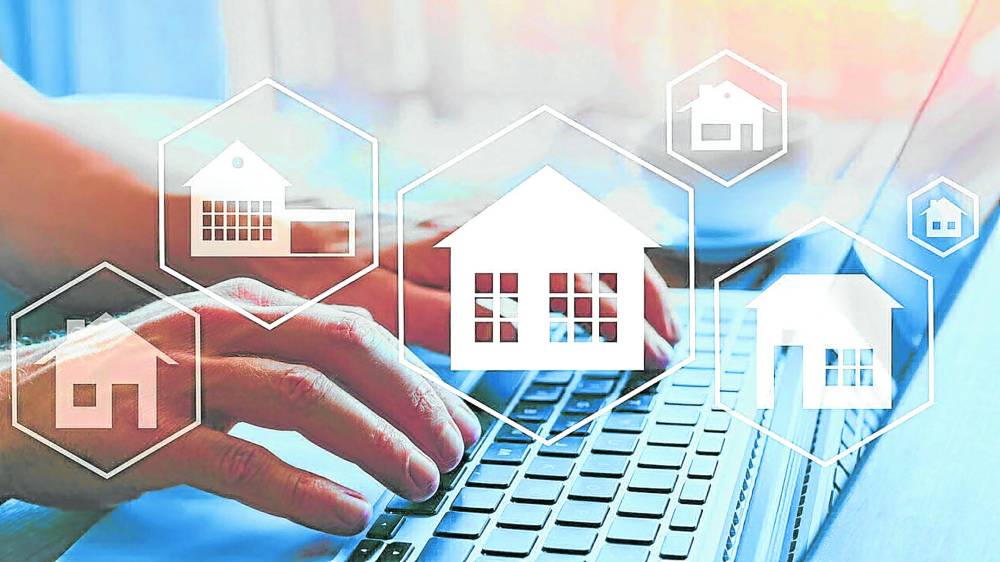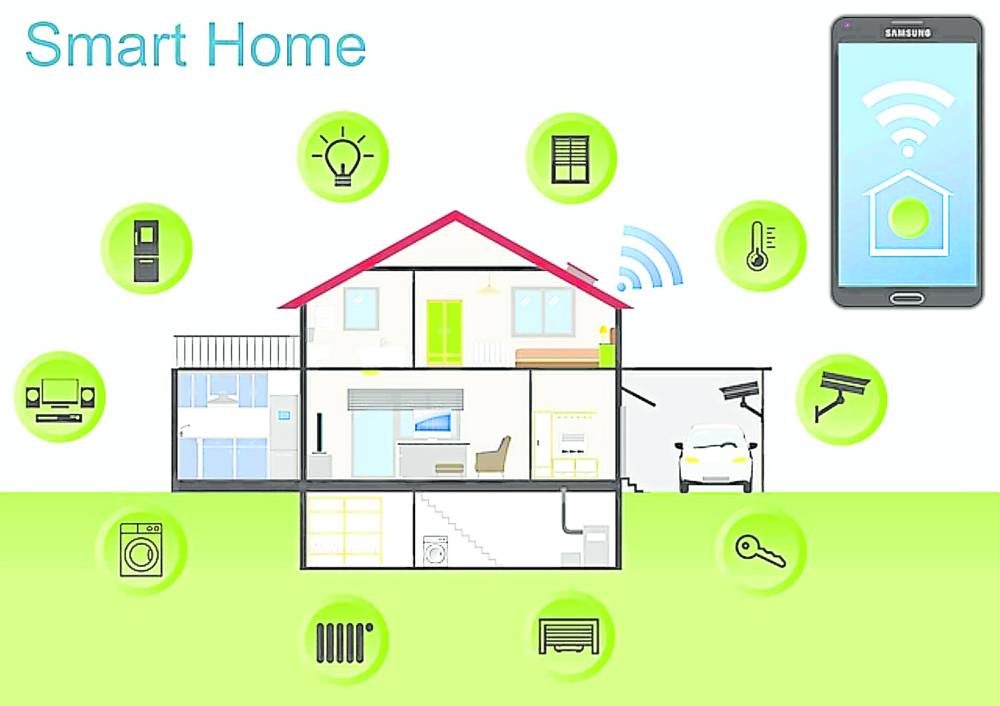What does digital transformation mean for Philippine real estate?
Digitalization was the buzzword in the recent state of the nation address of President Marcos, as the administration regards it as a vital tool to economic growth, helping streamline processes and even fight graft and corruption.
But what is digitalization and what is its impact on the real estate sector?
Digitalization, in essence, refers to the change in business model processes through digital technology. This is the future of real estate and properties must meet the demands for new technology, digital infrastructure and sustainability solutions to keep up with an evolving market. Among the visible changes in the way real estate business has been affected by digitalization are as follows.
Property listing platforms
Interested buyers or tenants have been going online to look for available properties. Buyers and tenants can easily input their search parameters to find properties that meet specifications. Some platforms even offer virtual tours of the properties. Property search is made more easier and buyers and tenants are matched with sellers or lessors for the properties they choose.
Developer selling platform and online payment system
Real estate developers have their own online selling platforms that feature their projects and show the specifications of available units. They also offer online payment systems that streamline transactions for buyers. Beyond sales transactions, online payments are likewise available for property management, through which residents can pay for utilities and dues.
Article continues after this advertisementData analytics
The Philippine property market is still opaque. Due to privacy concerns, transactional data is not available for public consumption, unless the stakeholders intentionally disclose details themselves. Data analysts need to scour the market to find relevant and reliable data so they can formulate well-informed strategic advice. Some platforms offer a subscription service to data in select areas or for select properties.
There are publicly available indices, but they provide a macro view. Location-specific data and segment-specific information are often limited. The Philippines is a little behind on this aspect. However, general market insights are available through various property advisor portals.
Smart homes
Smart features allow residents to remotely manage appliances and systems in their homes. They can use devices to monitor security and usage patterns, as well as control lighting and temperature. Users can monitor the safety of their homes and efficiently use utilities.
Retail and office space as experiential destination
Digital transformation steered retail into a more defined experience. There’s shopping to just buy essentials which can be done online, and there’s the immersive retail experience where the goal is interaction, engagement, connections, and relationships. Brick and mortar stores now offer options for patrons to either shop online or in-store.
Meanwhile, companies that prefer to have their employees in the office are transforming their spaces. There is an increasing trend in making the office a destination, where workers can collaborate with colleagues or focus on their work with ease. They do away with production line-like offices with generic, claustrophobic cubicles, and opt for open, dynamic workspaces.
Progression of data centers
The rise of digitalization is pushing the need for data centers. The Philippines is strategically positioned as the next data center hub, given the support from the government, trend of tighter data security policies in Southeast Asia, and the political drive of companies to pivot from Western and China influence.
The Department of Information and Communications Technology (DICT) said the country will have 300 megawatts capacity for data centers by 2025. They project at least five times increase in data capacity in the country in the next two years. As of the first quarter of 2023, the Manila Electric Co. (Meralco) mentioned that there were 28 companies eyeing to put up their data centers in the country. Hyperscalers are looking into positioning themselves in the Philippines, depending on the country’s economic performance.
Digital transformation is an ongoing process, and in real estate, there are many facets that still need to upgrade and evolve. However, it is not simply about applying digital technology to the industry that is important, but the overall change in the mindset of the stakeholders that will change the way the industry works.
The author is the head of Research at Leechiu Property Consultants Inc., a premier real estate advisory firm committed to deliver strategic real estate solutions through its expertise in tenant and landlord representation, investment sales, general brokerage, research and consultancy, data analytics, and property valuation.

